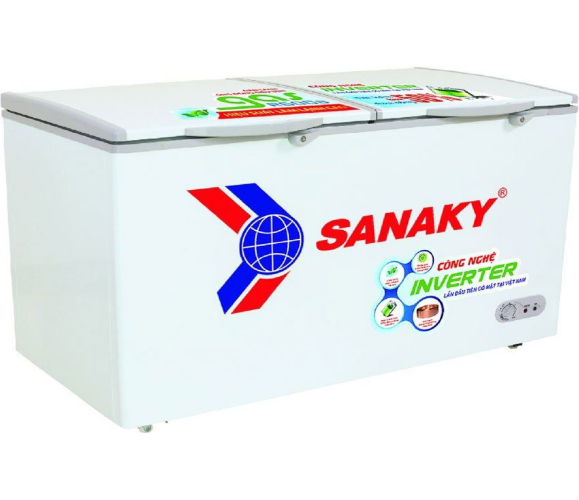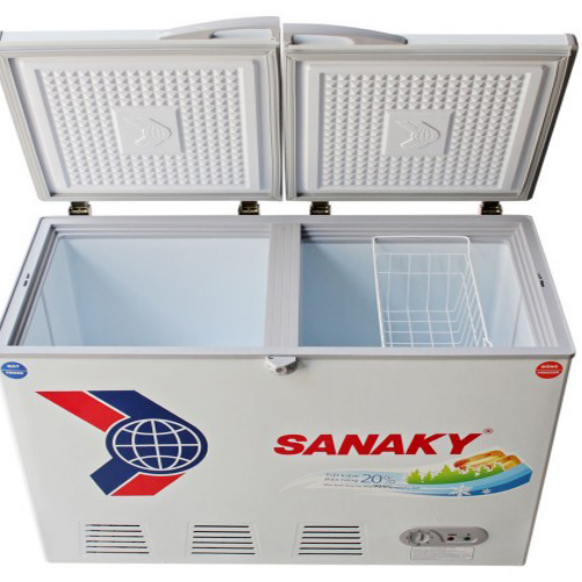In a world where food preservation is key to reducing waste and ensuring convenience, freezers and coolers have become indispensable appliances for homes, businesses, and industries. Whether it’s keeping ice cream frozen, storing fresh produce, or maintaining inventory in a restaurant, these refrigeration units play a vital role in modern life. But what makes freezers and coolers so essential, and how are they evolving to meet today’s demands for efficiency and sustainability? This guide explores the importance of freezers and coolers, their innovative features, and their impact on food storage and environmental responsibility.

What Are Freezers and Coolers?
Freezers and coolers are refrigeration appliances designed to store food and beverages at low temperatures to extend shelf life and maintain quality. While they serve similar purposes, they differ in their temperature ranges and applications:
Freezers: Operate at or below 0°C (32°F), ideal for long-term storage of frozen goods like meat, seafood, and prepared meals.
Coolers: Maintain temperatures above freezing, typically between 2°C and 8°C (36°F to 46°F), perfect for fresh items like vegetables, dairy, and drinks.
Both use a refrigeration cycle involving compressors, condensers, and evaporators to remove heat from the interior, keeping contents cold. From chest freezers to upright coolers, these appliances come in various designs to suit different needs, making them a cornerstone of food management.
Why Freezers and Coolers Matter in Today’s World
The demand for reliable refrigeration has soared as lifestyles and industries evolve. Freezers and coolers are no longer just conveniences—they’re essential tools for food security, cost savings, and sustainability. Here’s why they’re more important than ever:
1.Reducing Food Waste
According to the United Nations, about one-third of all food produced globally is wasted. Freezers and coolers help combat this by extending the shelf life of perishable items, allowing households and businesses to store food longer and use it efficiently.
2.Supporting Busy Lifestyles
With more people juggling work and home responsibilities, bulk cooking and meal prepping have become popular. Freezers store homemade meals for weeks, while coolers keep fresh ingredients ready for quick recipes, saving time and effort.
3.Enabling Global Food Supply Chains
From farm to table, freezers and coolers ensure food stays fresh during transportation and storage. Supermarkets, restaurants, and food manufacturers rely on these units to maintain quality and meet consumer demand year-round.
Innovations in Freezer and Cooler Technology
The refrigeration industry is embracing innovation to improve performance, energy efficiency, and user convenience. These advancements are making freezers and coolers smarter and more sustainable:
Energy-Efficient Models
Traditional refrigeration units can be energy hogs, but modern designs feature inverter compressors and improved insulation to reduce power consumption. Brands like LG and Samsung offer energy-star-rated freezers and coolers that save electricity without compromising cooling power.
Smart Features
Imagine a freezer that alerts you when the door is left open or a cooler that adjusts its temperature based on contents. Smart freezers and coolers with Wi-Fi connectivity and app controls are hitting the market, offering real-time monitoring and customization for tech-savvy users.
Eco-Friendly Refrigerants
Older units often used harmful refrigerants like CFCs, which damage the ozone layer. Today’s models use eco-friendly alternatives like R600a or R134a, reducing environmental impact while maintaining effective cooling.
Compact and Modular Designs
Space-saving options like mini freezers and under-counter coolers are gaining popularity in small apartments, offices, and cafes. Modular designs also allow businesses to scale refrigeration capacity as needed.

Applications of Freezers and Coolers Across Settings
Freezers and coolers are versatile, serving a wide range of purposes in homes, businesses, and beyond. Their adaptability makes them invaluable in diverse scenarios:
1.Home Use
In households, freezers store bulk groceries, seasonal harvests, and leftovers, while coolers keep drinks chilled and produce fresh. Upright freezers from Whirlpool or glass-door coolers from Haier are popular choices for modern kitchens.
2.Restaurants and Cafes
Commercial freezers and coolers are the backbone of the foodservice industry. Chefs rely on blast freezers to quickly freeze ingredients and display coolers to showcase desserts or beverages, ensuring quality and appeal.
3.Supermarkets and Retail
Grocery stores use large chest freezers for frozen goods and walk-in coolers for dairy and produce. These units help maintain stock levels and meet hygiene standards, keeping customers satisfied.
4.Healthcare and Laboratories
In medical settings, ultra-low-temperature freezers store vaccines, blood samples, and medications at precise temperatures. Coolers are used for transporting organs or keeping lab reagents stable, supporting critical research and patient care.
Challenges and the Path Forward
Despite their benefits, freezers and coolers face challenges that manufacturers and users must address. High energy use remains a concern, especially for older models, driving up electricity bills and carbon footprints. Maintenance, such as defrosting freezers or cleaning cooler coils, can also be time-consuming if neglected. Additionally, the upfront cost of advanced units may deter budget-conscious buyers.
However, the future is promising. Governments are offering incentives for energy-efficient appliances, while companies are designing affordable, low-maintenance options. The global market for freezers and coolers is expected to grow steadily, reaching billions in value by 2030, fueled by urbanization and rising food safety awareness.
Tips for Choosing the Right Freezer or Cooler
Selecting the best unit depends on your needs. Here are some practical tips:
- Size and Capacity: A small family might opt for a 200-liter freezer, while a restaurant may need a 1000-liter walk-in cooler.
- Energy Rating: Look for models with high energy-efficiency ratings to save on long-term costs.
- Features: Consider frost-free freezers or coolers with adjustable shelves for convenience.
Budget: Balance initial cost with durability—cheaper units may lack longevity or efficiency.
Conclusion: Freezers and Coolers as Pillars of Modern Living
Freezers and coolers are more than just appliances—they’re vital tools for preserving food, enhancing convenience, and promoting sustainability. From reducing waste in homes to supporting global supply chains, their impact is profound and far-reaching. With innovations like smart technology, eco-friendly refrigerants, and compact designs, these units are adapting to the needs of a fast-changing world.
Whether you’re a homeowner stocking up for the week, a business owner serving fresh meals, or a scientist preserving critical samples, freezers and coolers offer reliable solutions. Investing in the right refrigeration unit today ensures fresher food, lower costs, and a greener tomorrow—proving that these unsung heroes are here to stay.
------------------------------------------------------------------------------------------------------------------
SANAKY VIETNAM., CO LTD - Manufacturer of Chest Freezer - Upright Cooler, Transformer, RO Water Purifier...
☎ Hotline: (+84) 986 137 323
? ella@sanaky-vn.com
? www.sanaky-vn.com
 Vietnamese
Vietnamese  English
English  Chinese
Chinese  French
French  Spanish
Spanish  Russian
Russian  Arabic
Arabic  Portuguese
Portuguese